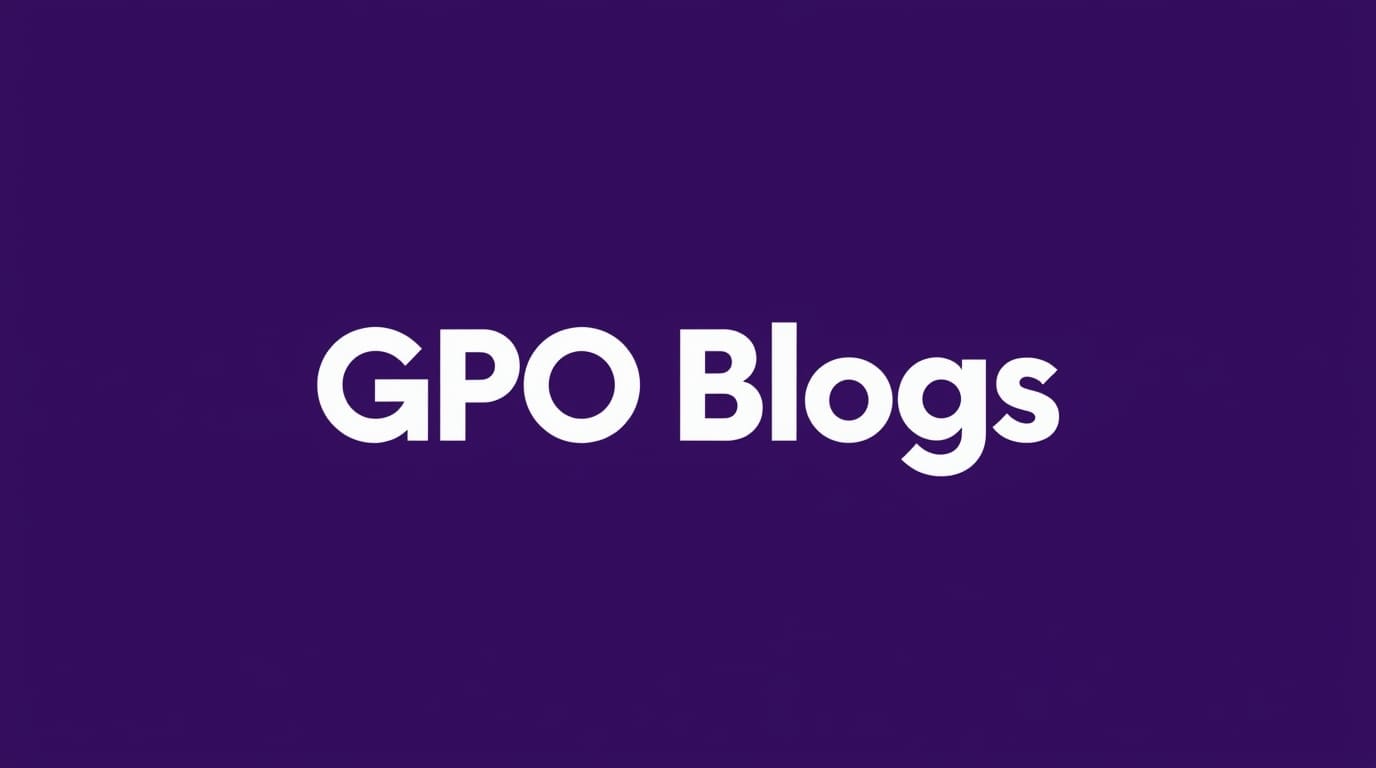Creating Content That Gets Accepted: What Top Publishers Really Want

Most guest post rejections happen not because of poor writing, but because the content doesn't meet what publishers actually need. Understanding what top publishers look for can dramatically increase your acceptance rate. Here's what they really want.
Top publishers have a minimum quality standard they won't compromise on. Before pitching, ask yourself if your content is original, comprehensive, actionable, well-researched, and polished. If you can't confidently say "yes" to all these questions, keep refining your content before pitching.
When reviewing guest post submissions, editors look for specific elements. Depth over breadth is crucial - they prefer comprehensive coverage of one topic rather than superficial coverage of many. Instead of "10 Social Media Tips," try "The Complete Guide to Instagram Reels for B2B Marketing." They also want unique angles that offer fresh perspectives on familiar topics.
Publishers prioritize practical implementation. Your content should include step-by-step instructions, templates or checklists, real-world examples, and implementation timelines. They check for current data (within the last 12 months), credible sources, proper citations, and no unsubstantiated claims. Most importantly, your content must resonate with their specific audience - study their top-performing content to understand reading level, tone, problem depth, and content format preferences.
Before sending your draft, verify your content structure has a clear introduction with value proposition, logical flow with proper headings, short paragraphs, strategic use of bullet points, and strong conclusion with actionable takeaway. Check for zero spelling/grammar errors, proper formatting, readability score of 60+, mobile-friendly formatting, and appropriate image suggestions.
When submitting, include a professional author bio (2-3 sentences), 1 relevant, non-promotional link to your site, high-quality author photo, and social media handles. Avoid multiple links to your site, promotional language about your services, generic stock photos, and self-references beyond establishing credibility.
Before pitching, spend 20-30 minutes researching the publication: read 5-10 recent posts to note tone and structure, check their top content, identify content gaps, note their guidelines, and engage with their content. This research alone can double your acceptance rate by ensuring your pitch aligns with their needs.
Be prepared for edits. Top publishers often request structural changes, ask for additional examples, request data updates, suggest different headlines, or request additional sections. View revisions as collaboration, not criticism. A willingness to refine your work demonstrates professionalism that leads to future opportunities.
The pre-pitch phase is critical. Follow the publication on social media, engage with their content thoughtfully, share their posts with your network, mention them in relevant conversations, and build genuine familiarity with their content. This groundwork makes your pitch feel like a natural connection rather than a cold outreach.
During the pitch phase, reference specific content you genuinely enjoyed, show how your expertise complements their existing content, position yourself as a resource, ask thoughtful questions about their audience needs, and be responsive and professional in communications.
After publication, thank them promptly, promote the post extensively to your audience, engage with comments on the post, share performance data if impressive, and suggest follow-up content ideas. This demonstrates genuine partnership rather than self-promotion.
The most successful guest posters view each submission as the beginning of a relationship, not the end goal. This mindset shift - from "How can I get my content published?" to "How can I provide exceptional value to their audience?" - is what separates those who get accepted consistently from those who struggle to secure placements. When your pitch centers on the publisher's needs rather than your own, your acceptance rate will skyrocket.
Sarah Chen is an SEO strategist and founder of ContentAuthority Labs. With 12+ years in semantic SEO and expert backlink building, she has delivered 800+ sponsored and guest-posting projects that grew durable authority and demand for 200+ businesses. Her research on contextual consolidation merging overlapping pages to concentrate topical relevance has appeared in Search Engine Journal and other SEO publications. She speaks at industry events and mentors in-house teams and emerging SEOs.